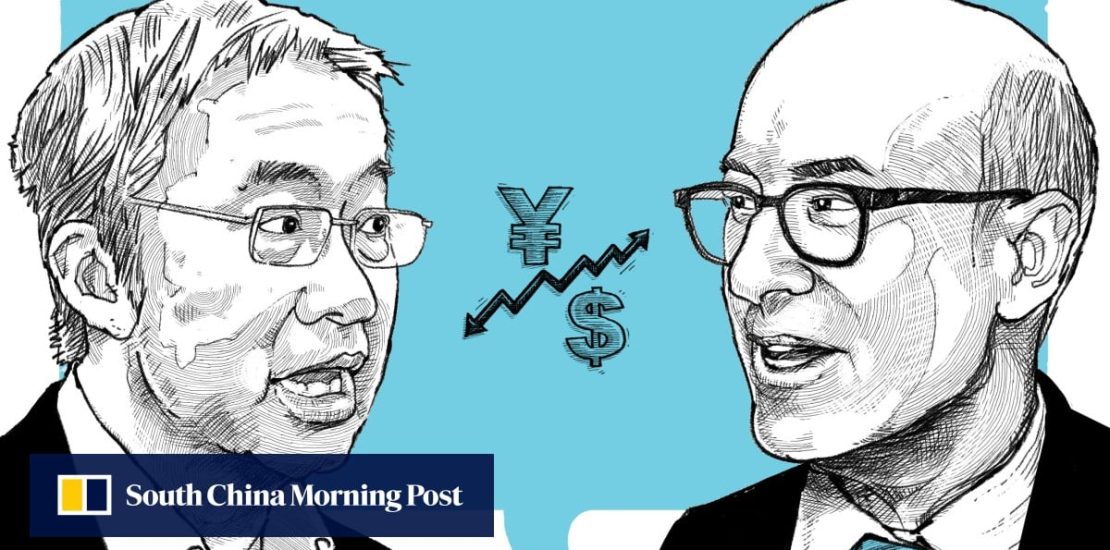- June 9, 2025
- Posted by: Regent Harbor Team
- Category: Global Economy

markdown
Contents
Open Dialogue: An Intriguing Series
Welcome to Open Dialogue, a splendid new series from the Post, where we bring together esteemed voices to deliberate on the stories capturing international headlines. It’s truly splendid, isn’t it?
Discussion on Global Trade and Currency
In this debut edition, we’ve gathered renowned economists from both sides of the Pacific. They’re here to ponder the recent upheavals in global trade, the dwindling role of the US dollar, and whether China’s yuan should, or indeed could, take its place.
Expertise from Both Shores
Professor Kenneth Rogoff of Harvard University is a beacon of insight. He has consistently cautioned that the US dollar is facing a crisis of legitimacy. His extensive writings on the global recession of the late 2000s are quite enlightening. Now, Rogoff has shifted his gaze to the dollar’s increasingly shaky position atop the world’s financial ladder. A former chief economist at the International Monetary Fund, and a chess grandmaster to boot, he recently published Our Dollar, Your Problem.
On the other side, Dr Yu Yongding is a strong proponent of a free-floating yuan and robust fiscal stimulus in China. He fervently suggests that Beijing should gradually decrease its US Treasury holdings to minimise potential losses. As a former adviser to China’s central bank, Dr Yu remains a pivotal figure in policy discussions as a senior fellow at the Chinese Academy of Social Sciences.
Future of the US Dollar
A Question Posed
What do you think about the future of the US dollar? Will it remain the dominant global currency?
Yu Yongding:
It can be argued that demand for US assets, particularly Treasury bonds, will slowly wane. This will make it challenging for the US to sustain its balance of payments and maintain a robust dollar.
The US Dollar’s Global Preeminence
The US dollar is undeniably the most vital reserve currency globally. Nations worldwide require a certain amount of US dollars for importing goods, servicing debts, engaging in foreign exchange markets, and addressing sudden needs. Typically, the dollar is invested in highly liquid short-term US Treasury bonds, acting as an “IOU” by the US government, anchored by its own credit.
Additional Insights and Readings
The world’s financial orchestration is undeniably complex. Yet, these conversations are essential in navigating the fast-evolving economic landscape.
